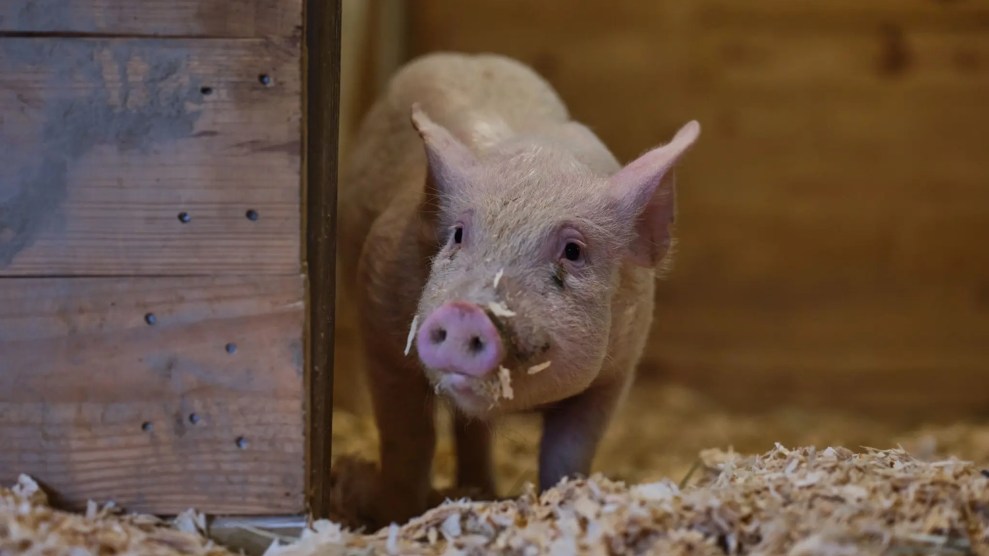I live in the southern edge of San Francisco, near Jerry Garcia’s childhood home, where gathering places are few and far between and, judging by the line, Friday night’s hottest ticket is a seat at Popeyes. So when Excelsior Coffee opened in 2019, the sleek new spot quickly became the talk of the neighborhood. The young owners emblazoned the front window of their shotgun Mission Street space with proud gold-letters and a local artist bedecked the top of the building with a geometric mural. A motorcycle is parked on a shelf overhanging the communal table, and the walls are plastered with photographs of the neighborhood’s past.
The espresso is always smooth, the Saturday morning breakfast sandwiches have ’90s hip-hop inspired names—try the Missy Eggliot—and every day the pastry case boasts fresh Filipino-inspired tarts flavored with ube and pandan. The welcoming staff give the intimidatingly hip café a cozy and communal vibe. Even with our masks muffling our words, I trade film recommendations with the baristas (Albert suggests The Black Power Mixtape) or fall into spontaneous discussions about city politics with people in line.
And then the shutdowns were imposed nearly everywhere (for very justifiable public health reasons), and I found my anxiety spiking when I considered the fate of independent businesses like Excelsior Coffee. Just two months into the pandemic, the number of people owning small ventures had nosedived by 22 percent, and it sadly should come as no surprise that immigrant, African-American, Latinx, Asian-American, and female-run businesses suffered disproportionate losses.
It is too easy to contemplate how this will all turn out without a federal strategy to care for people working in these types of small ventures. As the pandemic lingers, the absence of a national mask mandate and frequent testing makes COVID-19 spiral even more out of control, sickening millions of servers and store clerks. A lack of federal stimulus will force most small shops to shutter. Then, it’s just a matter of time, assuming no larger intervention, when workers at small employers will lose the social safety net of Obamacare and ditch small workplaces in favor of large corporate conglomerates. Immigrants who own and staff many of the Bay Area’s best independent restaurants may end up being forced to flee the United States because of its hostile culture and policies.
If a successful vaccine ever arrives, chains will have taken over, eclipsing cityscapes with their jewel-toned billboards and forced anodyne slogans. My lunch options will consist of Chipotle, Popeyes, and Sweetgreen. Rather than walk to the leather store to get my boots fixed, with a stop at the Italian bakery for an almond cookie on the way home, I’ll remain in front of my computer screen and send the boots out for repair via Amazon drone. (Research by Adobe shows that people spent more time online in April and May than they did during last year’s holiday splurge season.)
When I want to buy a new book, my only option is to log onto Amazon because all brick and mortar bookstores will have been swallowed whole by this evil jungle, and along with them their handwritten recommendation tags, social-justice inspired children’s books, weekly author readings, and MFA students working the cash register, who clearly judge my Outlander purchase but whose eyes light up when I ask if Maggie Nelson’s Bluets would be filed under nonfiction or poetry.
How could places like Excelsior Coffee stay afloat? They can’t. The only cafés that manage to stay open serve barely palatable dark roast and blast either Norah Jones or Kanye from their speakers every day, every month of the year—because they’re all owned by Starbucks. (Playlist available for purchase along with your seasonal latte.) A future far bleaker than even the worst coffee withdrawal headache. —Maddie Oatman

















